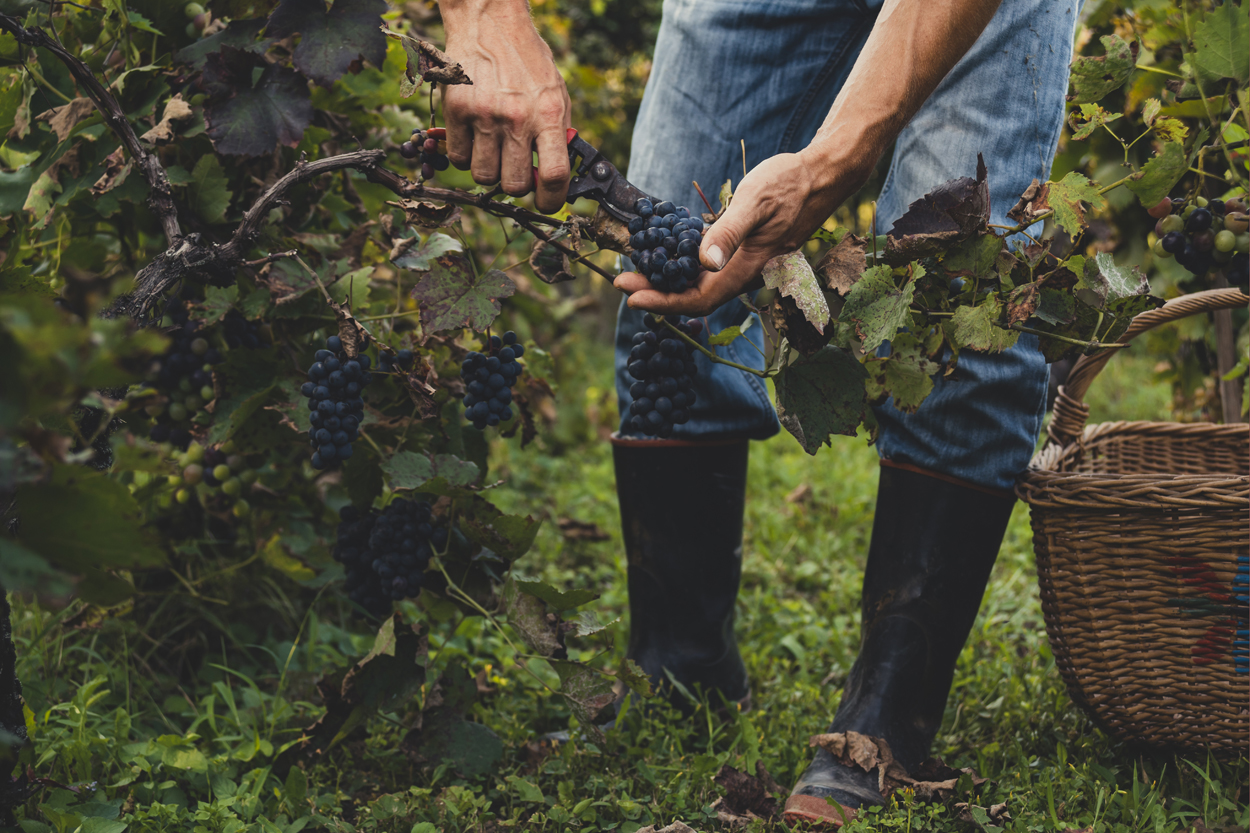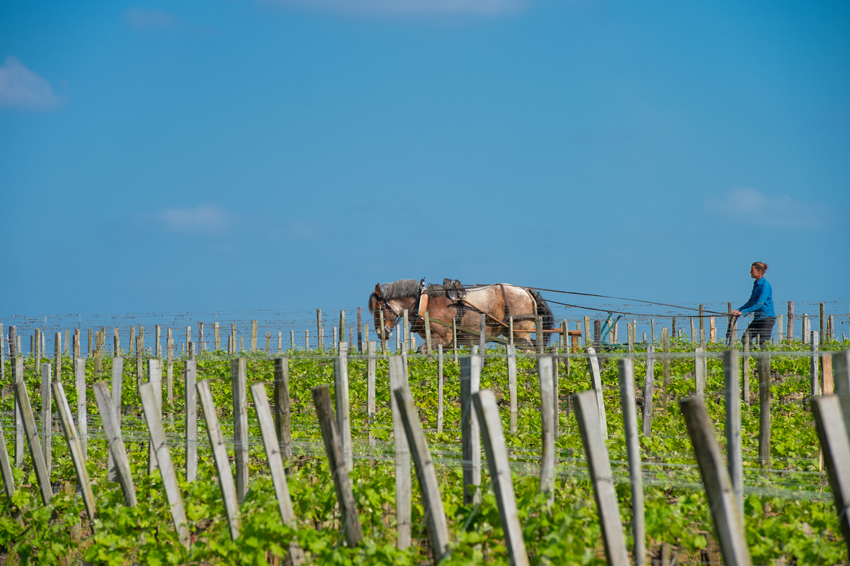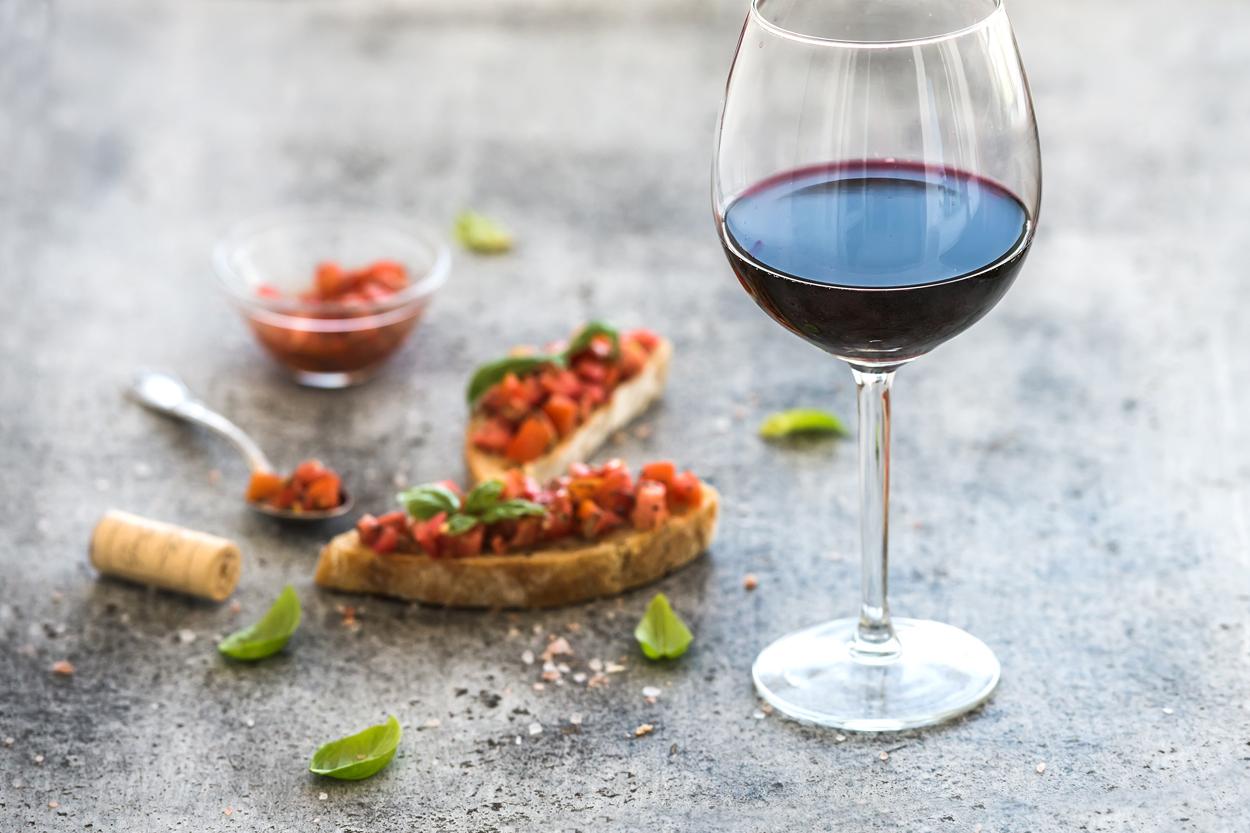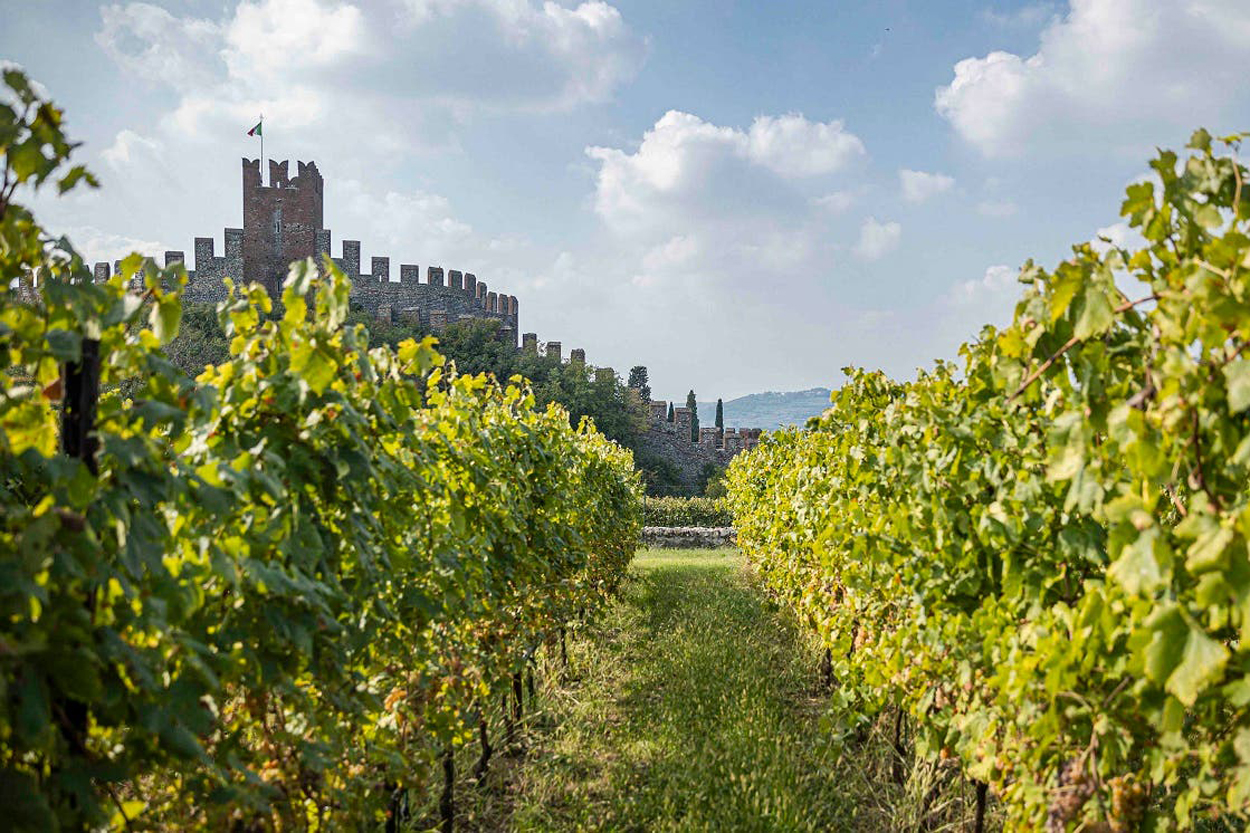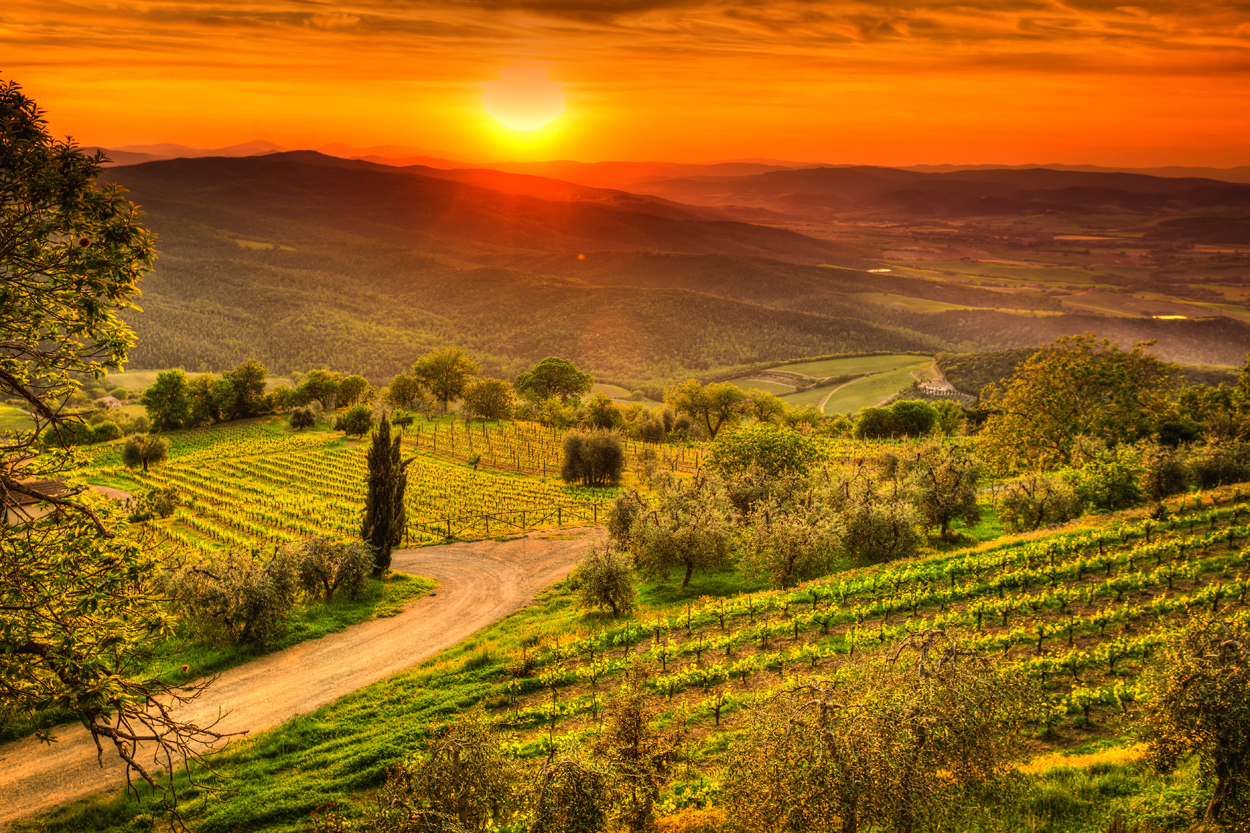Organic wines are becoming increasingly popular, but what exactly makes a wine organic?
In its simplest terms organic wine is wine made from organically grown grapes. This essentially means that the winemaking process is free from man-made chemicals such as artificial fertilisers, chemical herbicides, synthetic insecticides or pesticides or genetically modified products. Since 2012, new winemaking regulations meant that the whole process, from harvest to bottle could be certified, and the term ‘Organic Wine’ be used.
Anyone can practise organically, but producers need to be certified in order to label their wines organic. The exact rules and regulations in the production of an organic wine differ from country to country.
In EU countries specific companies are authorised to issue certificates generally at a cost to the winery. Not everyone chooses to apply for certification though. Some object to the cost or red tape involved, others want to leave themselves the flexibility to return to conventional methods of protecting their crop in difficult vintages. Some only practise organically in certain plots of their vineyard.
You may find that certain organic wines cost slightly more versus regular bottles. This is because organic wine production can be more labour intensive and with higher risks for growers, an outbreak of disease in the vineyard may not be as preventable using organic methods.
Organic wine is widely available across the UK, with higher quantities being produced in line with the growing demand. So expect to see more and more ‘organics’ when you’re shopping for wine! We are proud to work with producers like Famille Perrin, Pieropan, Chateau Musar, Vilarnau and Los Vascos who are dedicated to making incredible organic wines.
What about Biodynamics?
Biodynamic wine is the product of winemaking with the lowest intervention possible. The Biodynamic winemakers think about their vineyards in relation to the planet as a whole. These growers integrate the spiritual, ethical, and ecologically friendly ethos of biodynamics first defined by Austrian philosopher Rudolf Steiner in the 1920s, predating the organic movement.
Rudolf Steiner believed that since plants react to every aspect of their environment, everything in farming should likewise consider each component, all the way to the moon and back. So, part of Steiner’s biodynamic philosophy involved farming in sync with the lunar calendar. This schedules planting, pruning and harvesting according to the moon’s cycles in order to harness nature’s energy and rhythms.
Essentially, biodynamics is a holistic view of agriculture. To become a certified biodynamic farm, at least 10% of the land must be untouched and uncultivated to allow wildlife to flourish. A biodynamic farm should be self-sustaining with all these life forces working in unison to optimise the health of the soil and plant. To run a biodynamic vineyard, they would have to be organic also, but not all organic vineyards are biodynamic. If you are interested Biodynamic wines, check out Chateau de Beaucastel, Domaine de la Croix Senaillet, Domaine Rossingnol-Trapet and Jean Faux.
Are Organic and Biodynamic Wines free from sulphates?
Sulphites play a very important role in the winery; they are preservatives and antioxidants commonly used to prevent oxidation and unwanted bacteria spoiling the wine. They are a natural by-product of the yeast during fermentation, so even if you do not add sulphites to the wine, the wine will still contain them at a low level. Any wine that contains more than 10 parts per million, must be labelled “contains sulphites.” Wines with added sulphites can still be labelled organic in the EU. Biodynamic wines do not contain added sulphates but they will contain low levels of naturally occurring sulphates.
SHOP ALL ORGANIC & BIODYNAMIC WINES
For further information on organic and biodynamic wines, please don't hesitate to get in touch.

